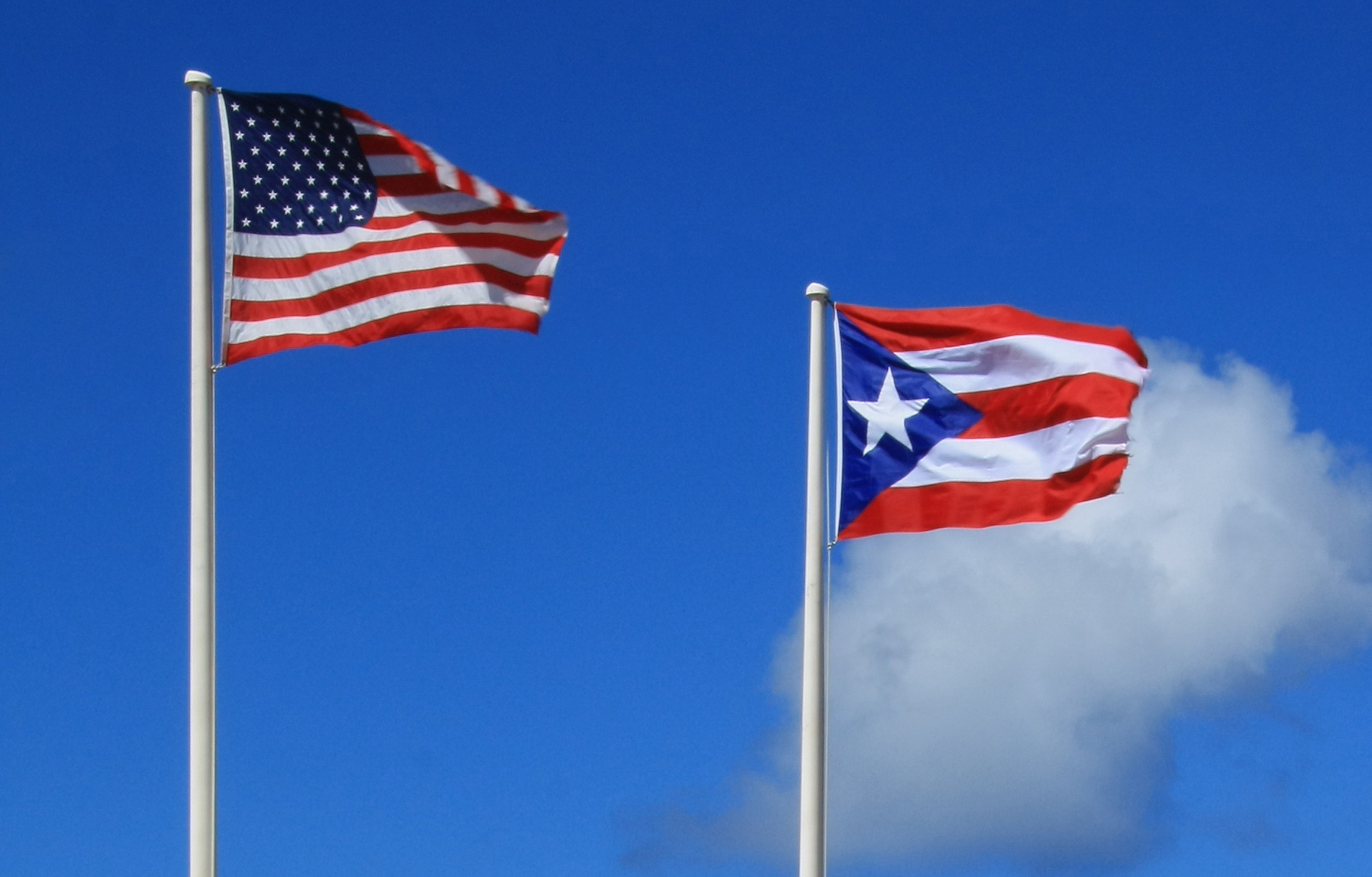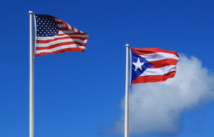The document states that it includes cash and securities or a combination of both. The bank president Melba Acosta said that local banks are major holders of these notes, but did not specify the amount.
- We had discussions with Puerto Rico banks, which keep these notes. This process began with the fact that the banks were made aware, - said Acosta.
The bank pointed out that the purchase is expected to be carried out in "prices that are significantly lower than the nominal."
According to the US Census Bureau, the median income for a family is Puerto Rican is somewhere in the $ 20 thousand per year. The salary of civil servants exceeds this amount by more than 90%. However, if Athens laid off 150 thousand civil servants because of the crisis, the state budget of Puerto Rico for the fiscal year, which began July 1, does not include plans for dismissal of officials.
The report on the finances of the island by the former World Bank chief economist Anne Krueger said that only 40% of the population is employed or actively seeking work, whereas in the United States as a whole, this proportion reaches 63%. One of the reasons for the under-employment is that state aid to the inhabitants of the island is $ 1743 per month and the minimum wage - $ 1159. Many believe that working with such a financial assistance is pointless.
According to the governor, Alejandro Garcia Padilla, the debts of the island amounted to $ 72 billion, and the government does not know how to pay them.
Of course, he says, Puerto Rico will try to conclude new deals with creditors and negotiate with them to defer payments. This can lead to complications in the relationship with the US Congress, which let the debt grow.
The report, prepared this year by the Governmental Development Bank responsible for the audit and the development of dependent territories of the USA and written by former IMF staff, says: "The structural problems, economic turmoil and weak management of public finances gave rise to a decade of stagnation, a negative migration and debt. Financial markets did not at first notice these realities, but then cut off Puerto Rico from normal market access. Crisis takes alarming proportions. "
The problems began 10 years ago, when tourism volumes decreased, and the government began to increase the budget. The financial crisis has further worsened the situation. Lacking the necessary forces to reduce costs, the Ministry of Finance helplessly watched the constant growth of the budget deficit. The second factor, that exacerbated the situation, is the conditions under which Puerto Rico leads trade and economic activities with the United States, including trade and investment rules. These rules were established shortly after the United States ousted the Spaniards from the island in 1898. Jones Act of 1920 requires that the ports of Puerto Rico took only American ships, banning direct contacts with Latin American countries and providing US shipping companies almost complete control over prices.
The government tried to fix the financial position by raising local taxes to Puerto Rico. This brought temporary relief, but then cost of living increased, and many enterprises were closed. Local residents have to pay up to 33% of their income in taxes, in addition to high tariffs on essential goods, such as milk and gasoline, which is why most of the 3.6 million population of the island slides into poverty.
based on Reuters and the Guardian materials
- We had discussions with Puerto Rico banks, which keep these notes. This process began with the fact that the banks were made aware, - said Acosta.
The bank pointed out that the purchase is expected to be carried out in "prices that are significantly lower than the nominal."
According to the US Census Bureau, the median income for a family is Puerto Rican is somewhere in the $ 20 thousand per year. The salary of civil servants exceeds this amount by more than 90%. However, if Athens laid off 150 thousand civil servants because of the crisis, the state budget of Puerto Rico for the fiscal year, which began July 1, does not include plans for dismissal of officials.
The report on the finances of the island by the former World Bank chief economist Anne Krueger said that only 40% of the population is employed or actively seeking work, whereas in the United States as a whole, this proportion reaches 63%. One of the reasons for the under-employment is that state aid to the inhabitants of the island is $ 1743 per month and the minimum wage - $ 1159. Many believe that working with such a financial assistance is pointless.
According to the governor, Alejandro Garcia Padilla, the debts of the island amounted to $ 72 billion, and the government does not know how to pay them.
Of course, he says, Puerto Rico will try to conclude new deals with creditors and negotiate with them to defer payments. This can lead to complications in the relationship with the US Congress, which let the debt grow.
The report, prepared this year by the Governmental Development Bank responsible for the audit and the development of dependent territories of the USA and written by former IMF staff, says: "The structural problems, economic turmoil and weak management of public finances gave rise to a decade of stagnation, a negative migration and debt. Financial markets did not at first notice these realities, but then cut off Puerto Rico from normal market access. Crisis takes alarming proportions. "
The problems began 10 years ago, when tourism volumes decreased, and the government began to increase the budget. The financial crisis has further worsened the situation. Lacking the necessary forces to reduce costs, the Ministry of Finance helplessly watched the constant growth of the budget deficit. The second factor, that exacerbated the situation, is the conditions under which Puerto Rico leads trade and economic activities with the United States, including trade and investment rules. These rules were established shortly after the United States ousted the Spaniards from the island in 1898. Jones Act of 1920 requires that the ports of Puerto Rico took only American ships, banning direct contacts with Latin American countries and providing US shipping companies almost complete control over prices.
The government tried to fix the financial position by raising local taxes to Puerto Rico. This brought temporary relief, but then cost of living increased, and many enterprises were closed. Local residents have to pay up to 33% of their income in taxes, in addition to high tariffs on essential goods, such as milk and gasoline, which is why most of the 3.6 million population of the island slides into poverty.
based on Reuters and the Guardian materials



















